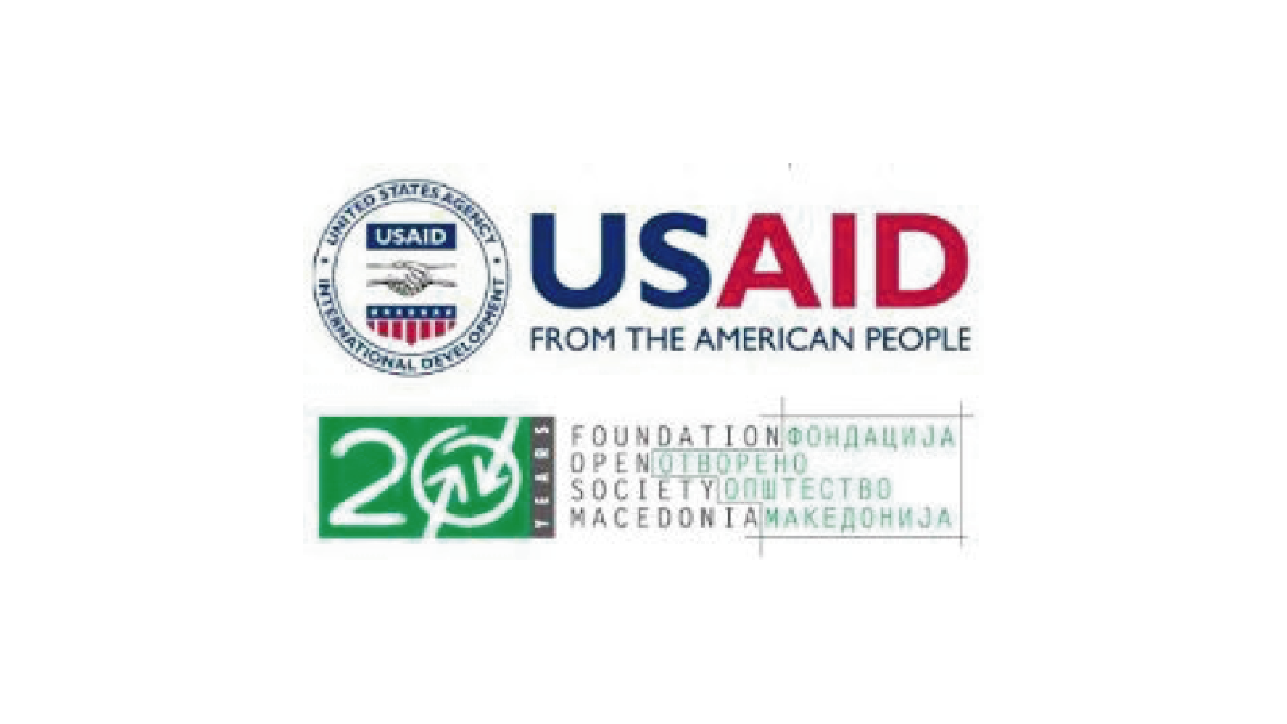
Foundation Open Society – Macedonia signed the cooperation agreement with USAID for implementation of the USAID Civil Society Project (CSP) on February 27, 2012.
The 30 months project will be implemented in partnership with four CSOs: Youth Educational Forum; Forum – Center for Strategic Research and Documentation; Center for Civic Communication; and Reactor – Research in Action. The project is funded by USAID with USD 2.54 million and co-funded by FOSM with USD 278,120.
The main goals of the project are: 1) Invigorate citizen engagement in political and social life; 2) Stimulate civil society to press for democratic reforms, especially relating to contentious issues; and
3) Improve synergies and alliances to strengthen civic responsibility.
The project consists of the three main components:
Component A: Civic Activism and Participation is designed to empower citizens and young people to recognize the ways they can engage in their communities and to provide different novel mechanisms for their participation. CSP will generate sustained activism and impact by: linking civic education with opportunities to gain practical experience helping communities through serving in CSOs; use of new media; fertilizing grassroots actions by providing technical assistance and grants for civic participation and activism.
Component B: Oversight and Advocacy will stimulate genuine civil society organizations to address contentious issues and press the government to undertake democratic reforms. It will be achieved through capacity building (via fellowships and trainings), research and oversight in targeted areas such as EU accession, grants for oversight and research-based advocacy, consultations with stakeholders, and engagement in public policy-making.
Component C: Cooperation and Mobilization will promote greater CSO mobilization, cooperation and solidarity. It will support actions jointly developed through CSO partnerships and networks, forums for exchange of experiences, and discussions of mutual problems, possible solutions and future activities. The activities are structured around three main aspects: civic engagement opportunities, networking, and rewarding civic engagement.
The following results are expected to be achieved:
– Increased youth activism and participation;
– Citizens mobilized in social advocacy for democratic reforms;
– Increased on-line activism;
– Improved CSO capacities and expertise in government oversight and advocacy;
– CSOs able to provide input for transparent institutions and improved public policies in targeted areas;
– Enhanced civic partnerships in addressing common issues at the national and local levels.